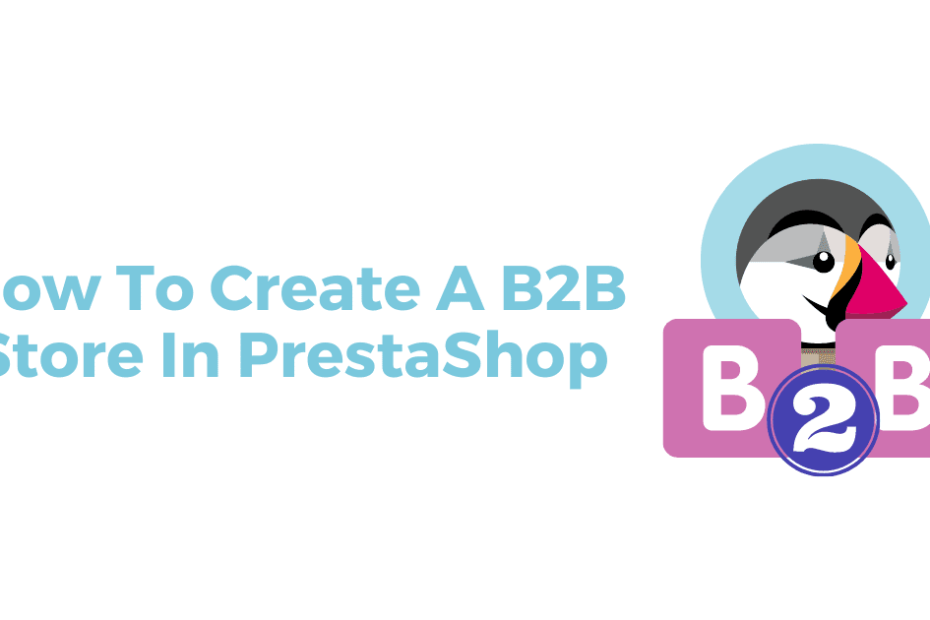To make PrestaShop handle large B2B carts more efficiently, you can implement several strategies:
Server and Database Optimization
- Upgrade Server Resources: Ensure the server has sufficient CPU, RAM, and SSD storage.
- Database Optimization:
- Use indexing for frequently queried fields.
- Regularly clean and optimize the database.
Caching and Performance Improvements
- Enable Caching:
- Use Memcached or Redis for data caching.
- Enable Smarty caching.
- Optimize Code:
- Review and optimize custom modules.
- Minimize and combine CSS and JavaScript files.
- Use a Content Delivery Network (CDN):
- Serve static resources from a CDN.
PrestaShop Configuration
- Disable Unnecessary Modules: Deactivate any modules not in use to reduce load.
- Optimize Images: Use compressed image formats and enable lazy loading.
Custom Development
- Batch Processing: Implement batch processing for adding items to the cart.
- Improve Checkout Workflow: Streamline the checkout process to reduce load times.
Testing and Monitoring
- Load Testing: Use tools like Apache JMeter to simulate high traffic and identify bottlenecks.
- Continuous Monitoring: Implement monitoring solutions to detect and address performance issues in real time.
Professional Support
- Consider hiring experienced PrestaShop developers or consulting with agencies specializing in PrestaShop performance optimization.
Implementing these strategies can significantly improve the performance and scalability of PrestaShop for large B2B carts.
Custom Development Batch Processing: Implement batch processing for adding items to the cart. Improve Checkout Workflow: Streamline the checkout process to reduce load times.ChatGPT
Custom Development for Large B2B Carts in PrestaShop
Batch Processing
Implementing batch processing can help manage large volumes of items in the cart:
- Batch Add Items: Create custom functionality to add multiple items to the cart in a single operation, reducing the number of database transactions and improving performance.
- Optimize Database Interactions: Use bulk insertions and updates to minimize the number of queries.
Improve Checkout Workflow
Streamline the checkout process to reduce load times and enhance user experience:
- Simplify Steps: Reduce the number of steps in the checkout process.
- Asynchronous Processing: Load parts of the checkout asynchronously to avoid long wait times.
- Optimize Code: Ensure the code for each step is efficient and performs well under load.
Example Implementation
Batch Processing Example
Here’s a basic example of how you might implement batch processing for adding items to the cart:
public function batchAddToCart($products) {
$cart = $this->context->cart;
foreach ($products as $product) {
$cart->updateQty($product['quantity'], $product['id_product'], $product['id_product_attribute'], false, 'up', 0, null, true, false);
}
$cart->save();
}
Checkout Workflow Optimization Example
To improve the checkout workflow, you might streamline the steps and ensure each one is optimized:
- Simplify Steps: Combine shipping and payment steps into one.
- Asynchronous Processing: Load address verification asynchronously.
Additional Considerations
- Optimize Cart Class: Review and optimize the
Cartclass methods. - Custom Modules: Develop custom modules to handle specific B2B requirements.
- Load Balancing: Use load balancing to distribute traffic across multiple servers.
Implementing these custom development strategies can significantly improve PrestaShop’s ability to handle large B2B carts. For more detailed support and modules, you can visit PrestaTuts.
